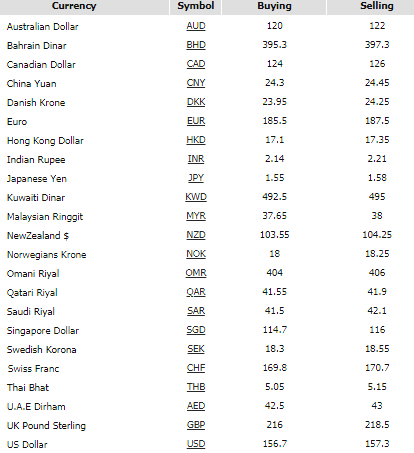Russian scientists have launched the world’s largest underwater telescope into the water, which is the smallest cosmic particle we have ever known to study neutrinos.

The Universal Telescope, dubbed the Beckel Gigaton Volume Detector or GVD, is immersed in the waters of Russia’s famous Lake Bekal at a depth of 750 to 1300 meters. Thus, the telescope has been lowered four kilometers from the shores of Lake Bekal.
This telescope is an observatory made of cords and curved glass and steel. It should be noted that the lake was frozen and an observatory has been drilled in the lake.
We know that neutrinos, cosmic particles, are very difficult to identify and that is why a telescope spread over half a cubic kilometer will detect and research these particles away from air pollution. Dmitry Nomov, a scientist at the Joint Institute for Nuclear Research in Russia, says the telescope will be expanded to another cubic kilometer in the next few years.
It should be noted that Lake Bekal is the largest deep and transparent freshwater lake in the world. It is sparsely populated and therefore a great place for a neutrino observatory. It is hoped that this observatory will be of great help in understanding and researching neutrinos.






